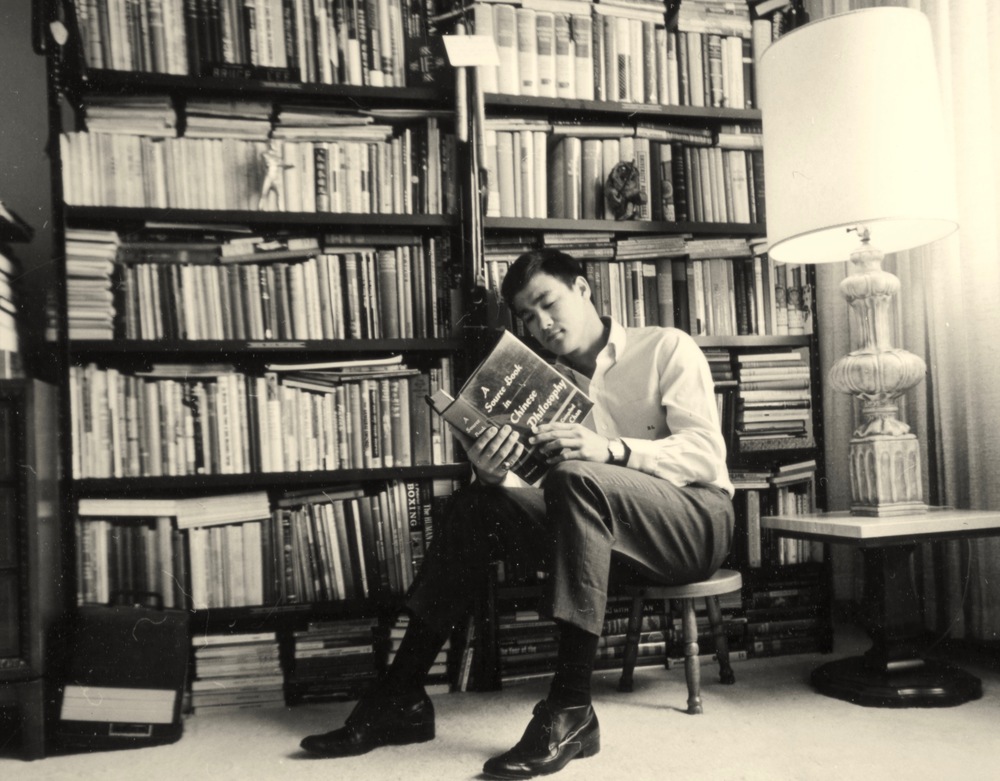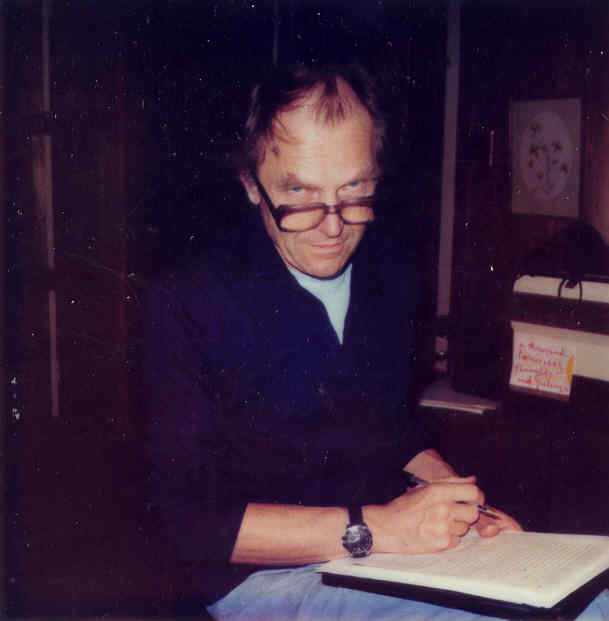Bruce Lee and epistemological anarchism
Bruce Lee (1940-1973) was a famous Chinese-American martial artist and actor. Probably the most iconic martial artist in history, he popularized them to the masses through his movies. Even though he is widely famous for his athletic abilities, like his one-inch punch, few people know that Bruce Lee had studied philosophy at the University of Washington, along with psychology and dramatic arts. Lee’s thought was mainly influenced by Asian philosophy and more specifically Taoism, Buddhism and the philosopher Krishnamurti1.
One of his greatest contributions to martial arts, was the founding of Jeet Kune Do (“The way of the intercepting fist”). JKD, according to Lee, was “the style of no style”. He rejected the narrow and strict views of traditional martial arts, such as Karate, Wing Chun and Judo, each of them being presented as the “best style”. Everyone should be free to express their own self (“using no way as the way”) and also be adaptable in different situations (“Be like water”). Some also argue that JKD laid the foundations for mixed martial arts (MMA), a competitive sport where the athletes are allowed to use any techniques they want (e.g. boxing, wrestling, Brazilian Jiu-Jitsu etc.). One important point that we need to make is that Bruce Lee’s JKD is not just mere eclecticism: he does not select the “best” techniques from each martial arts school to create the “ultimate style”. Instead, every technique that is used is tested by the practitioner of JKD and selected for specific conditions.
Knowledge is fixed in time, whereas, knowing is continual. Knowledge comes from a source, from accumulation, from a conclusion, while knowing is a movement.
-Bruce Lee


Paul Feyerabend (1924-1994) was an Austrian philosopher of science that his famous work Against Method introduced the concept of epistemological anarchism. According to him, “the only principle that does not inhibit progress is anything goes”. Feyerabend turns against the adoption of an inflexible methodological procedure, with a rigid set of rules that is used universally in any situation. He argues that in the history of science, the development of new theories was a counter-intuitive process. He also provides strong arguments that for example the Copernican revolution violated many common rules of how science is made today. Again, in the case of Feyerabend, I would like to add that his arguments in Against Method are not relativistic, meaning that all the scientific ideas are equally valid.
A scientist who wishes to maximise the empirical content of the views he holds and who wants to understand them as clearly as he possibly can must therefore introduce other views; that is, he must adopt a pluralistic methodology. -Paul Feyerabend
Recently I came across a book by Daniele Bolelli titled “On the warrior’s path: philosophy, fighting, and martial arts mythology”. I enjoy both martial arts - I used to practice Kung Fu as a kid - and philosophy, and I really enjoyed reading this book during the Christmas holidays. In one of the last chapters, Bolelli makes the connection between the philosophies of Bruce Lee and Paul Feyerabend. He argues that Lee’s JKD is a prime example of epistemological anarchism in action. Bruce Lee doesn’t cling on any particular style, instead he chooses to use whichever will help him express himself in a particular situation. This idea resonates with the concept of remixing I discussed in a post last month.
Is scientific research too rigid today?
Science is becoming hyper-specialized since after the end of WWII. Even though we live at arguably the most “connected” time in history, this hyper-specialization has alienated researchers and makes it more difficult for them to exchange ideas even with someone in their own discipline (e.g. an astrophysicist with a condensed matter physicist). In addition, scientists fail to make a deep connection with the society and spark people’s curiosity. What we witness today is that the public gets more cautious on scientists.
As far as the scientific practice is concerned, I believe that concepts and techniques from different disciplines can and should be applied to one’s field of research. Think about it as a huge buffet table, where you can choose any ideas and methods that you need in a specific situation. No judgment just pick one!
Scientists and philosophy today
Undoubtedly there is a great need for philosophical training for scientists today as argued by Lapane et al. The following quote by Feyerabend is very relevant today, where physicists are largely ignorant on what philosophers are working on. At best, they might be aware of the names of Popper, Kuhn and Lacatos (for philosophy of science).
The withdrawal of philosophy into a “professional” shell of its own has had disastrous consequences. The younger generation of physicists, the Feynmans, the Schwingers, etc., may be very bright; they may be more intelligent than their predecessors, than Bohr, Einstein, Schrödinger, Boltzmann, Mach and so on. But they are uncivilized savages, they lack in philosophical depth – and this is the fault of the very same idea of professionalism which you are now defending.
-Paul Feyerabend
On the warrior’s path: philosophy, fighting, and martial arts mythology by D. Bolelli
Against Method by P. Feyerabend
L. Laplane et al PNAS, 116, 3948 (2019)
-
Krishnamurti also influenced the thought of David Bohm, one of the most important theoretical physicists of the 20th century. ↩